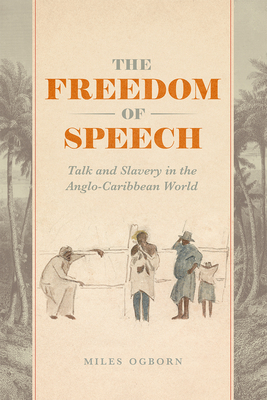Expedite your nonfiction book discovery process with Readara interviews, summaries and recommendations, Broaden your knowledge and gain insights from leading experts and scholars
In-depth, hour-long interviews with notable nonfiction authors, Gain new perspectives and ideas from the writer’s expertise and research, Valuable resource for readers and researchers
Optimize your book discovery process, Four-to eight-page summaries prepared by subject matter experts, Quickly review the book’s central messages and range of content
Books are handpicked covering a wide range of important categories and topics, Selected authors are subject experts, field professionals, or distinguished academics
Our editorial team includes books offering insights, unique views and researched-narratives in categories, Trade shows and book fairs, Book signings and in person author talks,Webinars and online events
Connect with editors and designers,Discover PR & marketing services providers, Source printers and related service providers

The Freedom of Speech: Talk and Slavery in the Anglo-Caribbean World
History > Caribbean & West Indies - General
- University of Chicago Press
- Paperback
- 9780226657684
- 8.9 X 5.9 X 0.7 inches
- 1.35 pounds
- History > Caribbean & West Indies - General
- (Single Author) Asian American
- English
Readara.com
Book Description
Author Bio
I am an historical geographer concerned with understanding the relationships between power, space and knowledge (or communication) in a range of mainly eighteenth-century contexts. My work has dealt with the new geographies of eighteenth-century London, and trying to understand them as Spaces of Modernity (1998). It has also investigated the ways in which the English East India Company used a variety of forms of writing (Indian Ink, 2007) to construct a global trading network and territorial empire in India from 1600 to 1800.
This was the same broad timespan for my attempt to write an introduction to global history through biography in Global Lives (2008). My most recent book (The Freedom of Speech: Talk and Slavery in the Anglo-Caribbean World, 2019) investigates how different forms of talk – such as evidence giving in court, discussions of the plants that grew on the islands, and communications with the world of gods and spirits – demonstrate the complexities of the power relations of slavery and empire (see my discussion of ‘Slavery, Freedom and the Jamaican Landscape’ on the British Library’s Picturing Places webspace).
One element of this work was presented in the session on Historical and Cultural Geographies of Story and Storytelling at the RGS-IBG conference in Exeter in September 2015. It is a paper called ‘We cannot but speak the thing, which we have seen and heard: believing stories in Caribbean slave societies’. Hear it here: Stories in Caribbean slave societies
You can hear me talking about some of the broader themes here: VODCAST "What is Intellectual Geography?" Miles Ogborn's keynote address to the Intellectual Geography Conference, Oxford, September 2011.
Source: Queen Mary University of London
Videos
No Videos
Community reviews
No Community reviews

